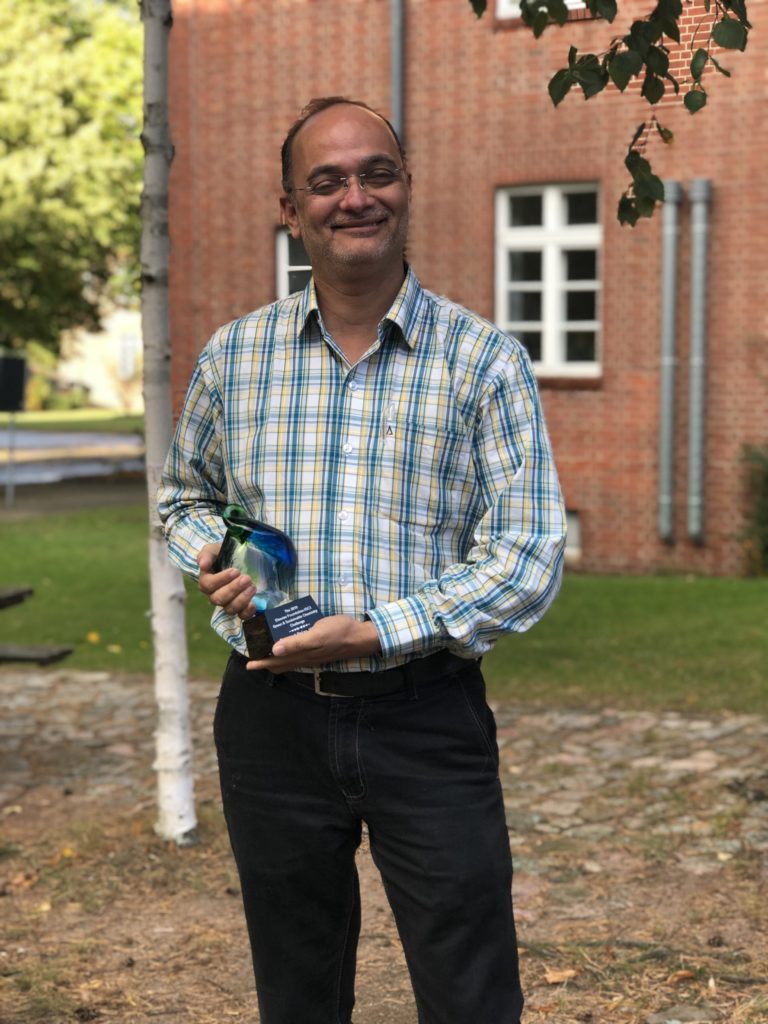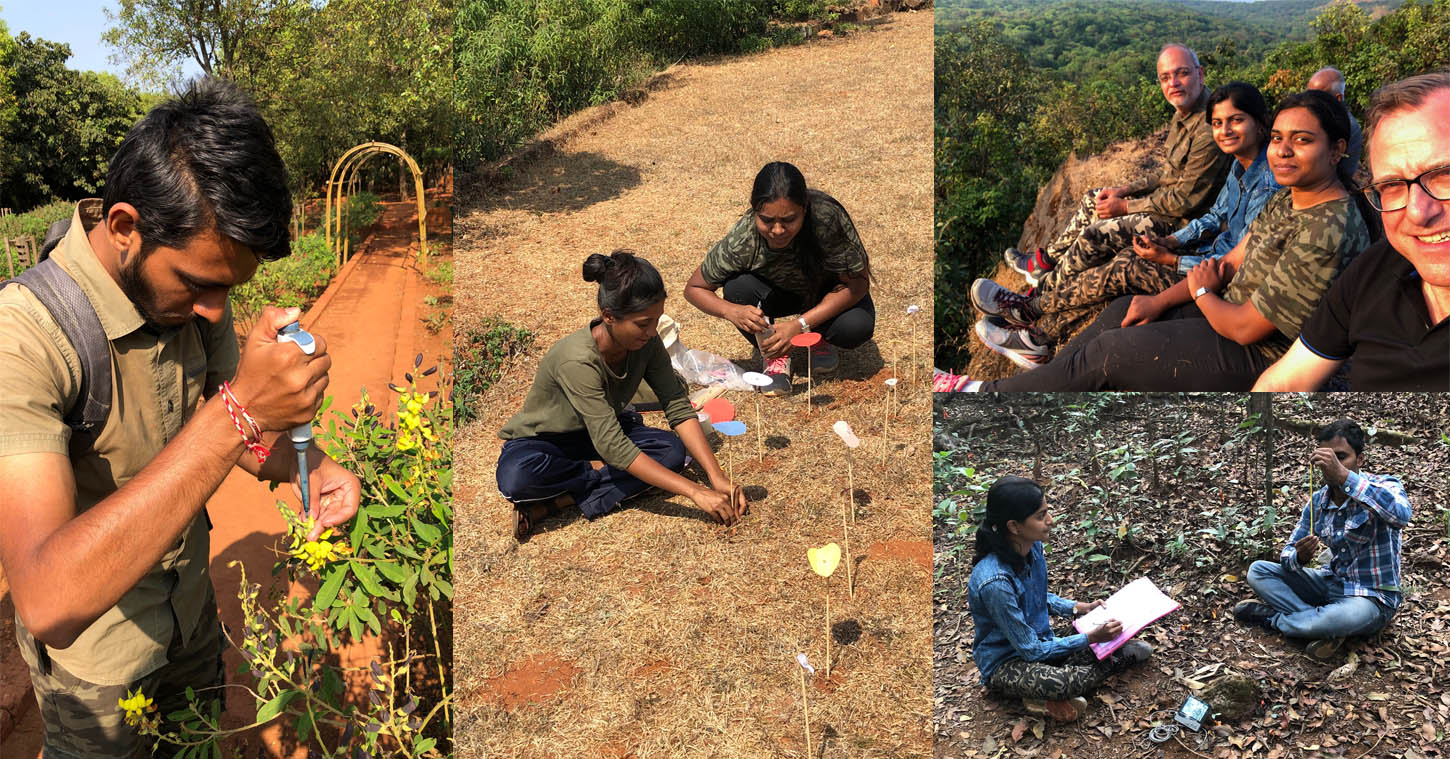Maharashtra, with its unique blend of urban and rural landscapes, is a crucial player in India's pursuit of the Sustainable Development Goals (SDGs). As the second-most populous state in India, it is a powerhouse of economic activity, cultural diversity, and social dynamics. This distinction positions Maharashtra as a key influencer in India's overall progress towards achieving the SDGs.
The state's bustling cities, Mumbai and Pune, are not just economic hubs but also melting pots of cultural and social diversity. These cities are instrumental in advancing SDG 8, which focuses on decent work and economic growth. The thriving industries and service sectors in these urban areas provide numerous employment opportunities, thereby contributing to reducing poverty and enhancing economic prosperity. Moreover, the state's focus on quality education (SDG 4) is evident through its well-established educational institutions, which are among the best in India. These institutions not only cater to the local population but also attract students from across the country, thereby playing a crucial role in uplifting educational standards nationally.
In rural areas, agriculture remains the backbone of the economy. Maharashtra's agricultural initiatives, aimed at sustainable farming practices, resonate with several SDGs, including zero hunger (SDG 2) and responsible consumption and production (SDG 12). The state's innovative programs, like the Jalyukt Shivar Abhiyan, aim to enhance water conservation and management. This initiative directly contributes to SDG 6, which focuses on clean water and sanitation. By addressing water scarcity and improving irrigation facilities, the program not only aids in agricultural development but also ensures water sustainability for rural communities.
The state's commitment to SDG 7, affordable and clean energy, is evident in its push towards renewable energy sources. Maharashtra is making significant strides in solar and wind energy installations, reducing dependence on fossil fuels and promoting environmental sustainability. This not only aids in combating climate change (SDG 13) but also ensures a sustainable and secure energy future for the state.
Urbanization in Maharashtra, especially in cities like Mumbai and Pune, directly impacts sustainable cities and communities (SDG 11). The state's urban planning and infrastructure development aim to create more sustainable and livable cities. This includes improving public transportation, reducing pollution, and providing better housing and amenities, thereby enhancing the quality of life for its urban residents.
Furthermore, Maharashtra's rich biodiversity and natural resources necessitate actions towards life on land (SDG 15). The state's conservation efforts in protecting wildlife and forests play a crucial role in maintaining ecological balance and promoting biodiversity.
Maharashtra's diverse landscape of opportunities and challenges makes it a microcosm of India's development journey. Its efforts in various sectors, ranging from education and economic growth to environmental sustainability and urban development, have far-reaching implications for the country's progress towards the SDGs. The state's success in these areas can serve as a model for other regions in India, thereby accelerating the nation's journey towards achieving these global goals. As such, Maharashtra's role in India's SDG story is not just significant but also potentially transformative.


